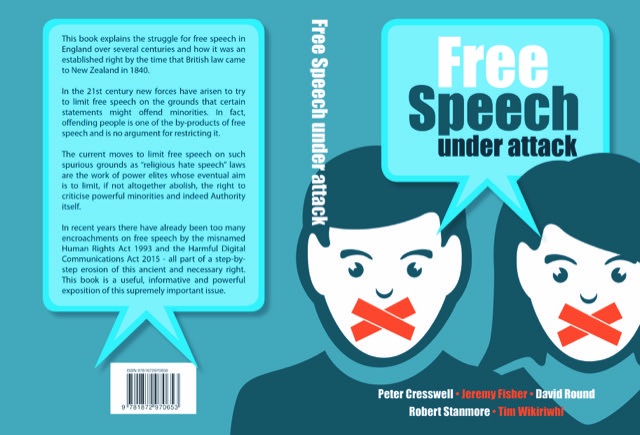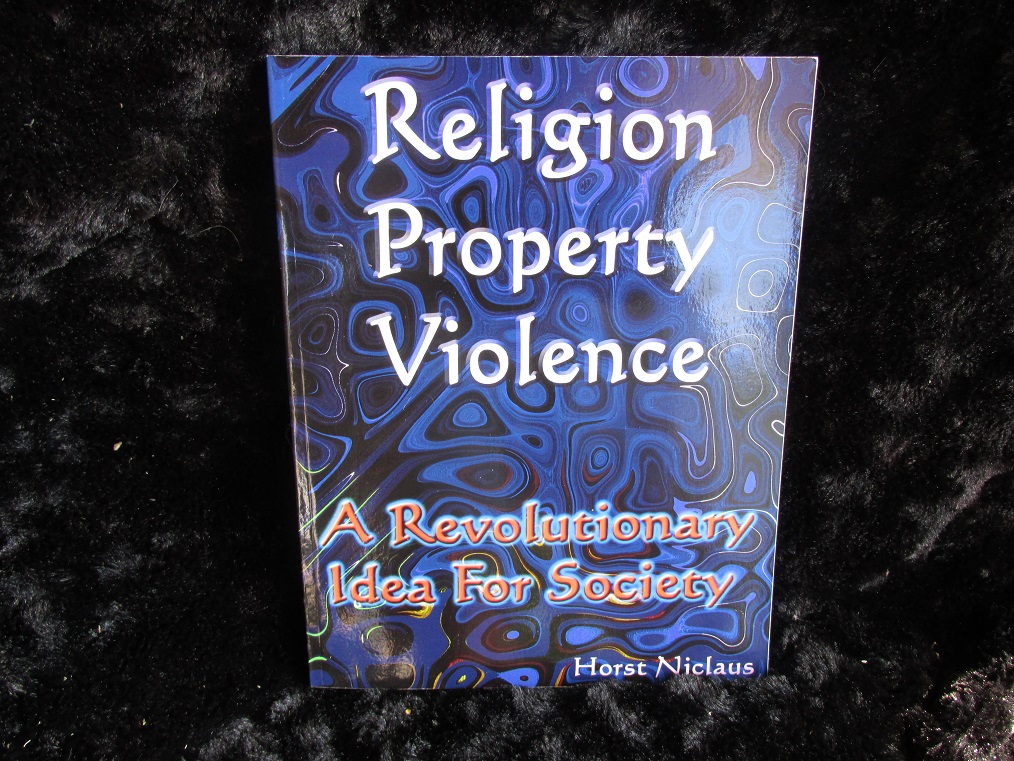
This reading carries on from here.
Chapter Ten in Free Speech Under Attack is ‘China’s Sinister Influence’ by Robert Stanmore. In this essay, Stanmore describes the Chinese influence on free speech suppression in Australia and New Zealand. China is even worse than Islam, in Stanmore’s estimation. China has the money to buy off the Western free press. It has already bought the New Zealand National Party.
Stanmore recounts how China uses their network of Confucius Institutes to influence university culture in China’s favour. They also use a scheme called the Confucius Classroom Program to bring propaganda to primary and secondary students. New Zealand is in a dangerous situation because both National and Labour are beholden to China, although National more so.
Chapter Eleven is ‘”De-platforming” speakers’ by Tim Wikiriwhi. He defines deplatforming as when a speaker is prevented from using a platform because those in authority don’t want to let that speaker expound their views. Wikiriwhi recounts how Bruce Moon, Stefan Molyneux and Lauren Southern were deplatformed by authoritarian leftists afraid of criticism of their immigration policy.
Wikiriwhi quite rightly points out that censorship achieves little but introduce darkness and ignorance to a political discussion. He also, quite rightly, draws attention to the immense scale of Muslim rape gangs in the Western World, an issue that should be discussed. The essay ends with an appeal to the fundamental value of free speech and how governments should not interfere with what the people say or hear.
Chapter Twelve is ‘The Thug’s Veto’ by Peter Cresswell. This is easily the shortest essay in this book, at only four pages. Cresswell defines the Thug’s Veto as when people use the threat of violence or chaos to get an event they disapprove of shut down. This is a small part of what is more generally known as cancel culture.
Cresswell here points out that laws against “hate speech” are tantamount to laws against criticising evil. Moreover, it’s apparent from the beginning that such laws will not be applied evenly. Left-wingers will escape censure for levels of hate that right-wingers will be hammered for. Those pushing for hate speech laws are fighting for irrationality, and are against reason.
*
If you enjoyed reading this essay, you can get a compilation of the Best VJMP Essays and Articles of 2019 from Amazon for Kindle or Amazon for CreateSpace (for international readers), or TradeMe (for Kiwis). A compilation of the Best VJMP Essays and Articles of 2018 and the Best VJMP Essays and Articles of 2017 are also available.
*
If you would like to support our work in other ways, please consider subscribing to our SubscribeStar fund. Even better, buy any one of our books!

